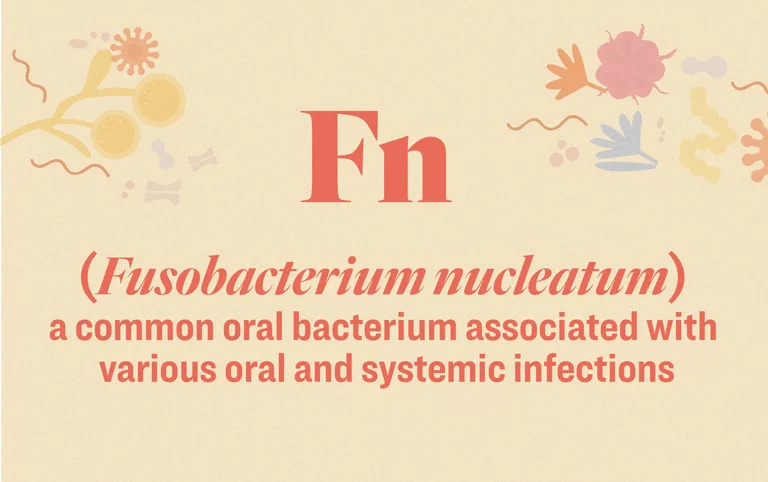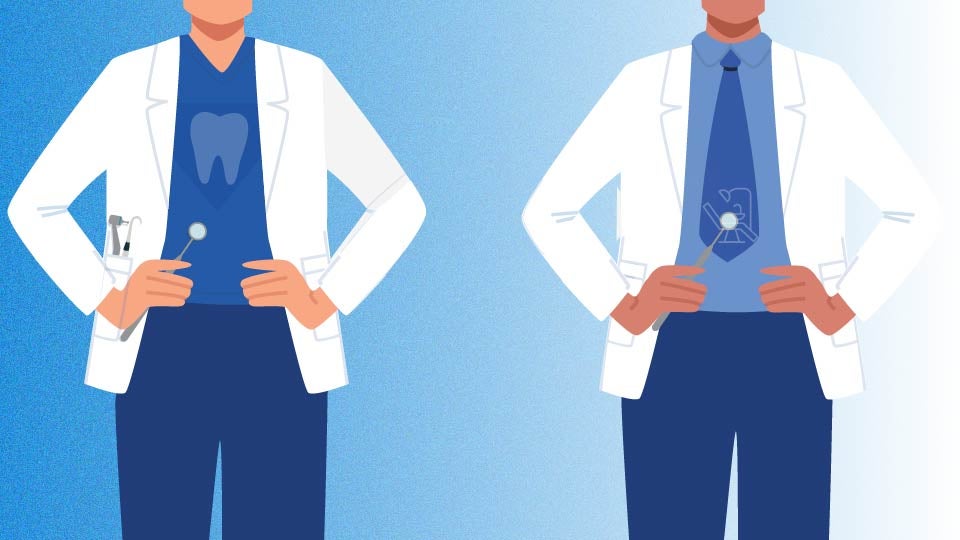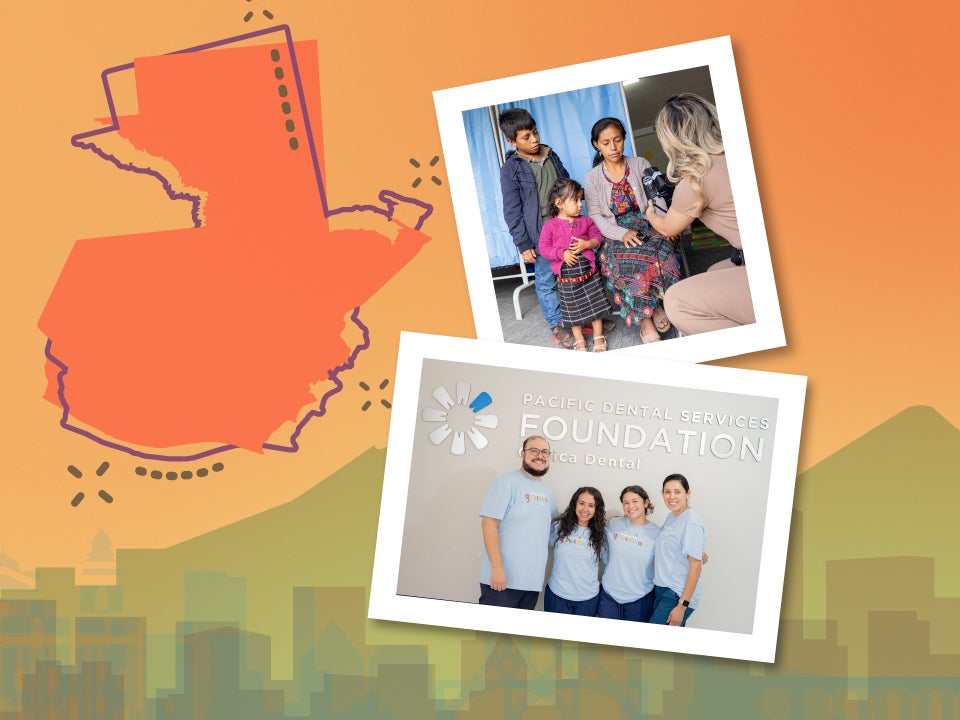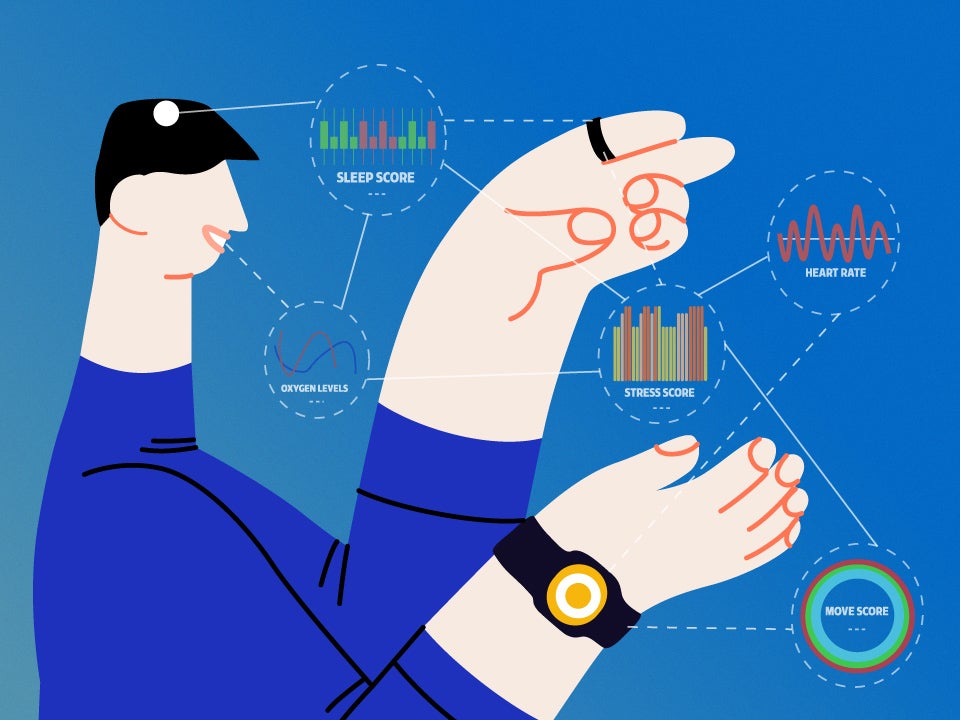Drs. Neusha Najafi and Ashley Abrams are pioneering dentists, both of whom run practices focused on the Mouth-Body Connection® . But each endured heartbreaking miscarriages before piecing together the role bacteria plays in pregnancy and pregnancy loss prevention. These two dentists, friends and mothers-to-be recently discussed how saliva screening and oral bacteria awareness opened new doors in understanding their own health – and has changed how they care for themselves, their patients and their future families.
Dr. Najafi:
A year after my first miscarriage, we thought we finally were blessed with a baby boy. But, at about 23 weeks, my water broke. I was rushed to the hospital, where the doctor told me I had an infection, and the baby was likely not going to make it. I was devastated. I went from sending out invitations to a baby shower, to the next moment being told that there was no chance
I had been healthy. I didn’t understand how there was an infection. Around this time, OralDNA testing (a new technology that measures bacteria related to periodontal disease in the saliva) came into the office. And when I did that saliva screening, I was shocked at the results. I had high levels of Fn (Fusobacterium nucleatum, a common oral bacterium associated with various oral and systemic infections). It was not only in my mouth, it was in my bloodstream.

Fn can infect the placenta and cause rupture and premature membrane and pregnancy loss. I am a healthcare professional who takes care of her oral health, regularly brushes, flosses and gets cleanings done
Yet this contagious bacteria was there at such a high level, that each time I got pregnant, it caused a loss. I knew I had to share my story.
I think we’re going to see in the future a greater understanding of the role that oral bacteria plays on fertility and pregnancy
Dr. Abrams:
I saw you (Dr. Najafi) speak at a symposium in November 2023, and I felt as though you were talking directly to me. I had a miscarriage at 10 weeks, and I kept wondering, “What went wrong?” After I heard your story, I went back to my office and did an OralDNA test. I hadn’t done one in a few years. We do them regularly in our office, and it’s something I believe in, I just hadn’t made that personal connection. I had eight different bacteria, and they were all high. It’s so easy for us to take care of everybody else, that sometimes we forget to take care of ourselves.
Dr. Najafi:
We are taught to treat periodontal disease based on clinical signs. But with the type of technology we have in our practices, we are now able to tell, way before those clinical signs are present, that there is a risk.
So, just because you have no gum bleeding and you’re in good health, you might think you’re in good standing, but the truth could be a shock.
Dr. Abrams:
Exactly. After I learned about my Fn and other bacteria levels, I started aggressively treating it. I got my levels down, or so I thought. Then, when I got pregnant again, my office had just gotten the OralFitnessCheck® (a technology that conducts a saliva analysis of aMMP-8, an enzyme linked to gum disease and other health problems).
My numbers were so high, I didn’t believe them at first. So, it just goes to show, you can have good oral hygiene, you can do your cleanings, but your immune system could still have this response.
Dr. Najafi:
Right. Here I am, waterpicking, flossing, doing all of the 20 steps it takes to go to bed at night, assuming that that was enough, and not realizing that everything I’m doing isn’t necessarily targeting this specific bacteria. Once you understand the connection, and that you don’t have to wait for disease to clinically show itself, you can be more proactive. With this revolutionary information, I’m really starting to realize how important the mouth is and how important we clinicians are as a gateway to be able to communicate this information to patients, to understand what they can do to be preventative about their health.
Dr. Abrams:
One of the challenges is getting the word out, both to patients, but also to OBs and fertility specialists – and even to dentists. Some dentists don’t realize that research shows most dental treatments are very safe for pregnant women. You can do cleanings, even X-rays. You can use anesthetic. You can do root canals. You can do crowns. Some dentists are in the mindset of letting “small” things like fillings wait until after the baby is born, but treating any active disease or inflammation is super important. It is going to start with the medical community feeling more comfortable to see these patients and not turn them away.
Dr. Najafi:
Yes, education plays an important role here. And what I think we’ve learned through our friendship and our self-discovery is how important it is to have the tools and the education to teach our patients to know more about their bodies.
I think we’re going to see in the future a greater understanding of the role that oral bacteria plays on fertility and pregnancy. I feel so blessed to have heard from you and heard your story because I believe that together we can spread awareness.
Find your trusted, local dentist today!
Smile Generation blog articles are reviewed by a licensed dental professional before publishing. However, we present this information for educational purposes only with the intent to promote readers’ understanding of oral health and oral healthcare treatment options and technology. We do not intend for our blog content to substitute for professional dental care and clinical advice, diagnosis, or treatment planning provided by a licensed dental professional. Smile Generation always recommends seeking the advice of a dentist, physician, or other licensed healthcare professional for a dental or medical condition or treatment.






